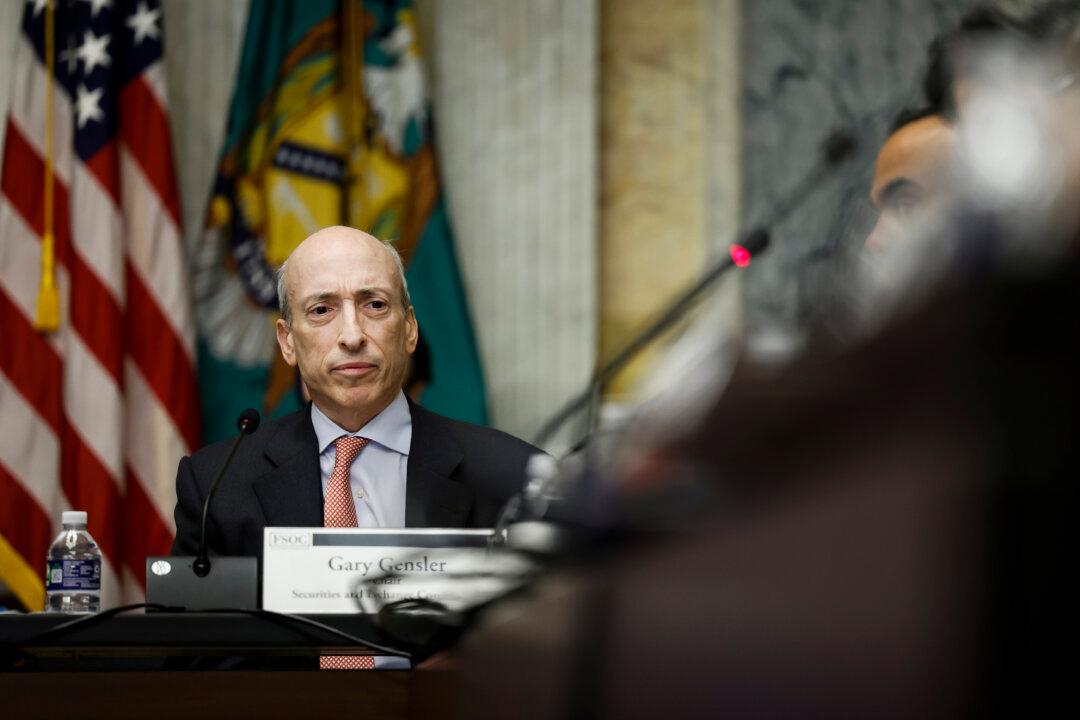The Securities and Exchange Commission (SEC) moved to curtail the use of stock buybacks, drawing much criticism from corporate lobbyists.
The regulator on May 3 announced changes to share-repurchase disclosure rules that would increase transparency, competition, and efficiency in the $25 trillion marketplace for hedge fund and private equity fund advisors.The new updates will amend Form PF, which was created in 2008–09 during the Great Recession to monitor risks in the rapidly growing private equity fund sector.





